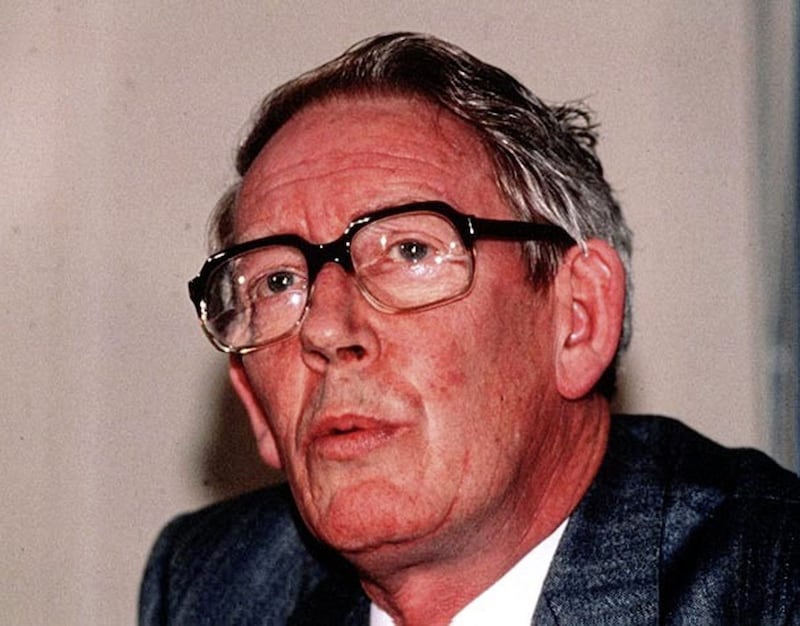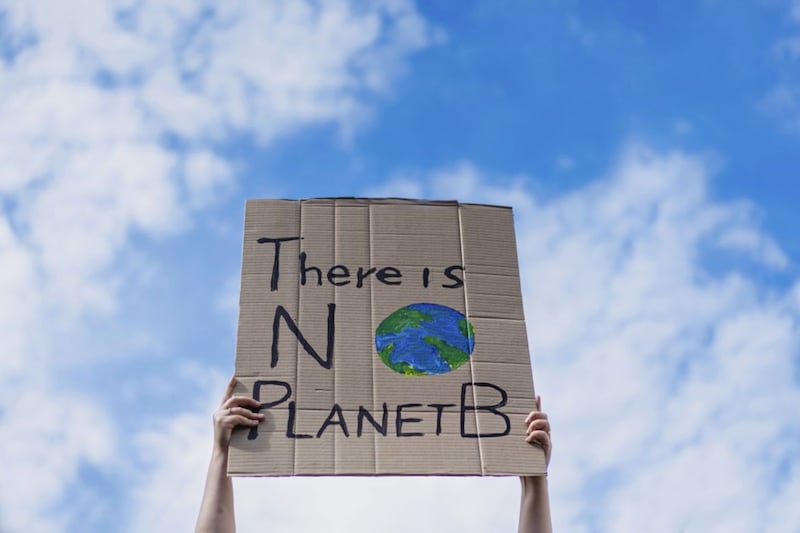GROWING up in the village as a child, the bedtime storyteller would start: "In the beginning, when people were not as tall as now..."
It was only a lot later in my life that I was introduced to another story of the beginning.
That story is recorded in the Hebrew Scriptures: "In the beginning, God created the heavens and the earth..." (Genesis 1:1).
You don't have to read the whole story to know the key character of that story is God.
From there on, the story of our beginning makes two things clear. First, that every living thing and every human being flows from, is accountable to, is sustained by, and is under God.
And second, that all people are of equal value to God and are equally loved by God; God makes them in God's image.
The implication is clear enough. It is that people matter - different people and all people matter to God: male and female, old and young, heterosexual and homosexual, girls and boys, rich and poor, single and married, widows and divorced, Christians and non-Christians, people of faith and those of none, black, brown and white people, citizens and foreigners, Jews and gentiles,
every nation and tribe - great and small - are all equally important to God.
And - because all people matter to God - all people must and should matter especially to those who say they believe in God.
For, when God, who takes on human flesh in Jesus, comes along and tells those He made in His image to "love your neighbour as yourself", He is reminding us of this very fact: that people - all people - matter.
Little wonder, therefore, that Paul admonishes Christians in Rome to "...accept one another just as Christ accepted you, in order to bring praise to God..." (Romans 15:7).
He is writing to a church with Jews and gentiles, slaves and free, rich and poor, and men and women living in a society which reflects the same diversity of peoples.
Yet, even as I read that, you know as well as I do, that people are not easy to deal with.
People are difficult to live with - and that includes you and I. People are sly, vicious, critical, proud, envious, jealous, selfish, and hypocritical.
Different people and all people matter to God: male and female, old and young, heterosexual and homosexual, girls and boys, rich and poor, single and married...
What I find even more challenging is the fact that other people don't think, behave, talk, believe or look like me. Life would be a lot easier if they did, wouldn't it?
That is the challenge I find with the notion that because people matter to God, they must and should matter to me.
That is the difficulty I have with Paul's instruction to me to accept others as Christ has accepted me.
All of my Christian life, I have tried to work out how I can make difficult people count.
Let me share with you one way I have sought to do so.
When I experience them to be so, I ask myself this one question: "What does this difficult and challenging person teach me about myself, God, Christ and especially about my calling to be a disciple, a follower and an ambassador of Christ?"
Here is one thing I have learned as a result. I have often found that the person I find difficult to deal with is like a mirror.
He or she reflects me to myself. I see something of myself in them: my pride, my stubbornness, my need to revenge, my desire to make a name for myself, my selfishness - the list goes on.
When that happens, it suddenly dawns on me that I am a partner with them in the human condition.
It is what the psychoanalyst Carl Jung calls the "shadow" or dark-side of human beings.

In November 1987, I was a student at Edgehill College in Belfast.
An IRA bomb exploded in Enniskillen injuring Gordon Wilson and killing his daughter Marie and 10 others.
But Gordon chose to forgive instead of seeking revenge. He chose peace over violence.
In the darkness that engulfed the nation at that time, he made the shadow side of human being count for something that honoured Christ with his life and in the world.
He decided to make a name for God rather than himself. He embraced the sacrificial way of God in Christ, who has not given up on people to fulfil their calling to be signs of God's grace on earth.
Gordon helped me see how, under the influence of the Holy Spirit, people are enabled to relate to other people as God would.
What would our Church look like if she works for the healing of divided nations and peoples?
What would our Church look like if our primary concern was with the welfare of people and not colour, social class, or cultural and religious background; nor nationality or gender, liturgy or dogma, policy or governance, theology or denomination, property or party political affiliation.
What would our Church look like when names, and sects and parties fall, and Christ is in all and all in Christ, because living under the influence of God, all people matter?
What would the Church look like if many and diverse opinions and ways of life were accommodated within it?
What would the Church look like if many, diverse, and different voices are given permission to speak, and are heard, and are allowed to influence policy and practice?
What would our Church look like if full membership is defined simply as 'whoever calls on the name of the Lord', and nothing else?
Am I asking for perfection? How could I, from a broken and flawed people like we are individually and collectively?
No, I am not asking for perfection. I am just asking, in the famous words of William Carey, the first English Baptist missionary to India, that we "attempt great things for God and expect great things from God".
Yes, "there is a crack in everything", as Leonard Cohen sings. But that is not the end of the story.
The good news is, "it is through the cracks that the light gets in".
May the light and love of Christ shine in our relationships with all peoples, to his honour and praise.








